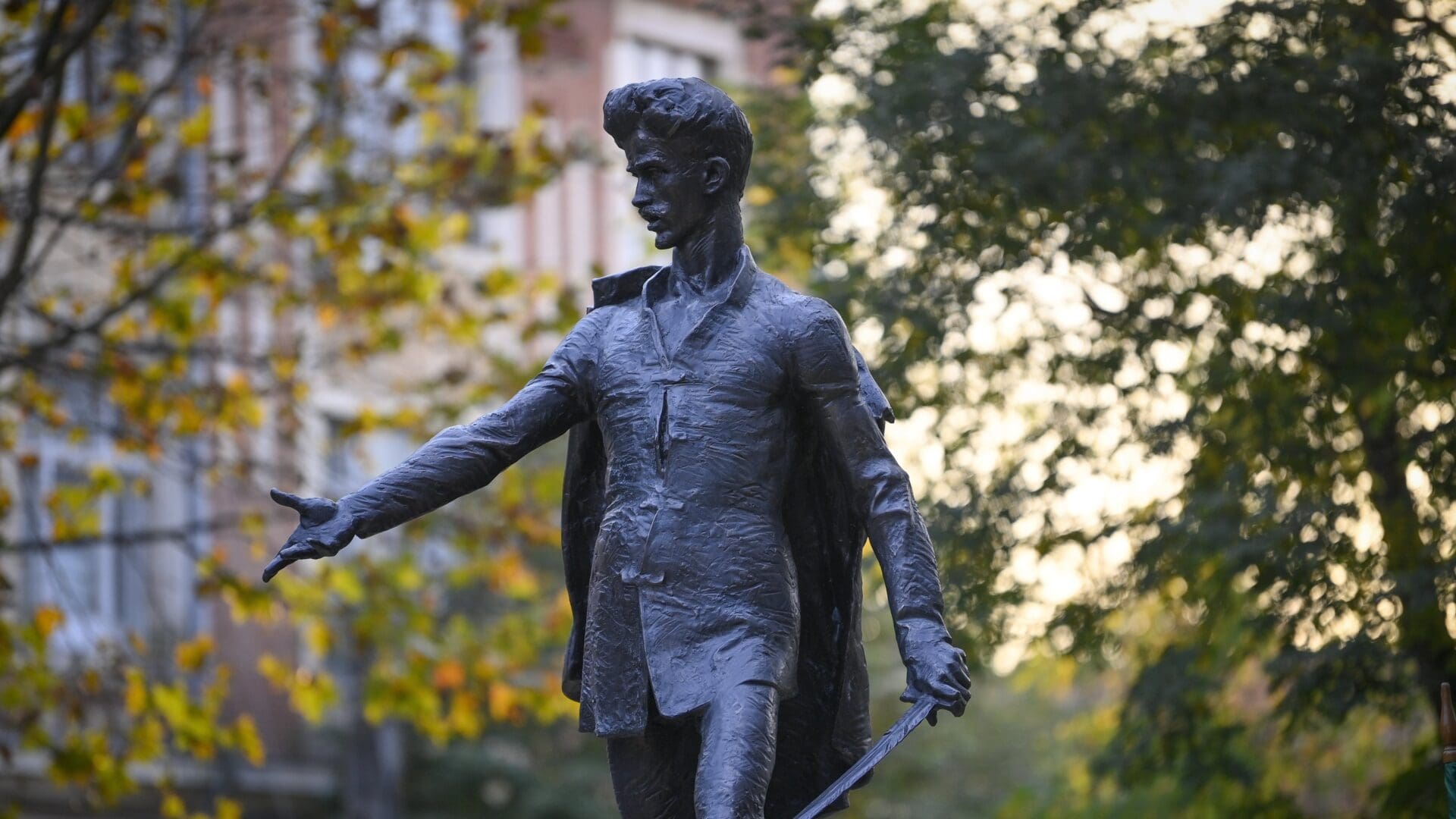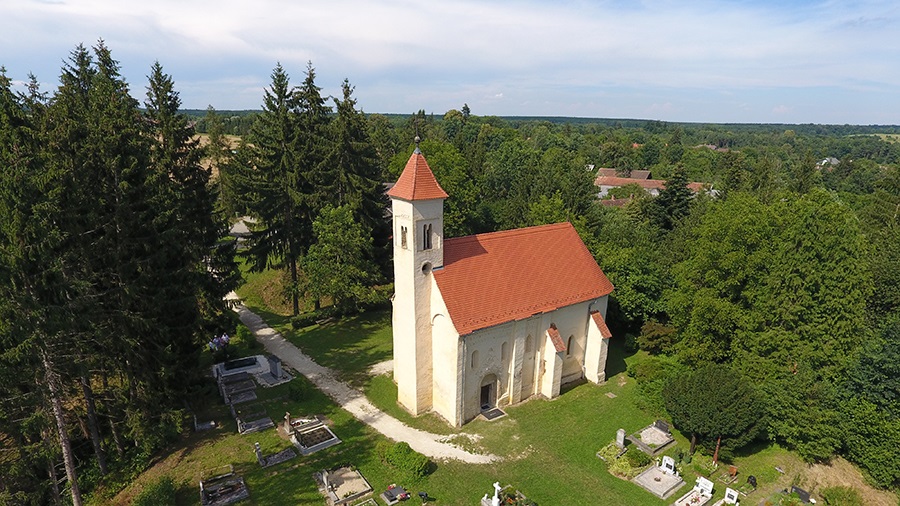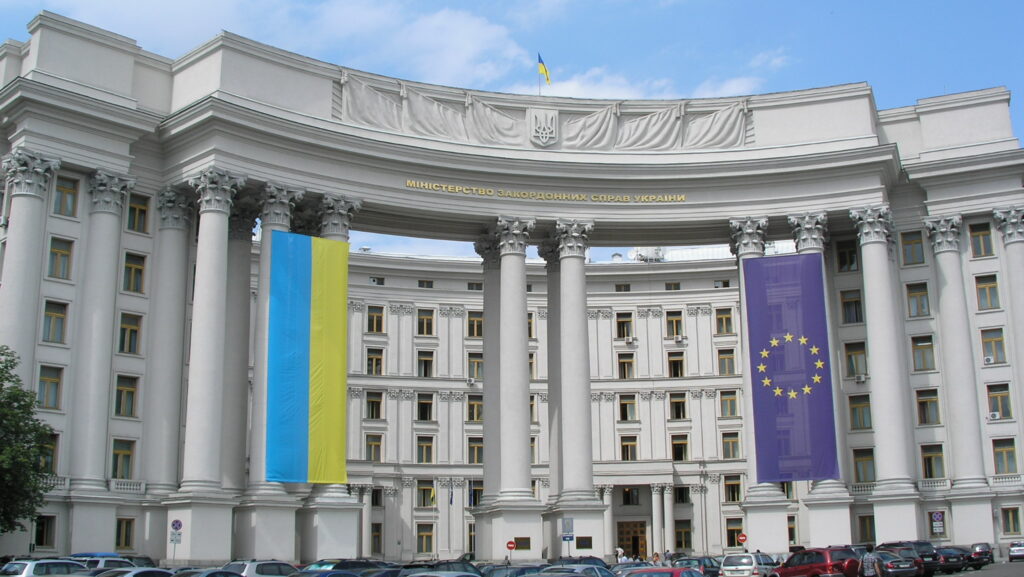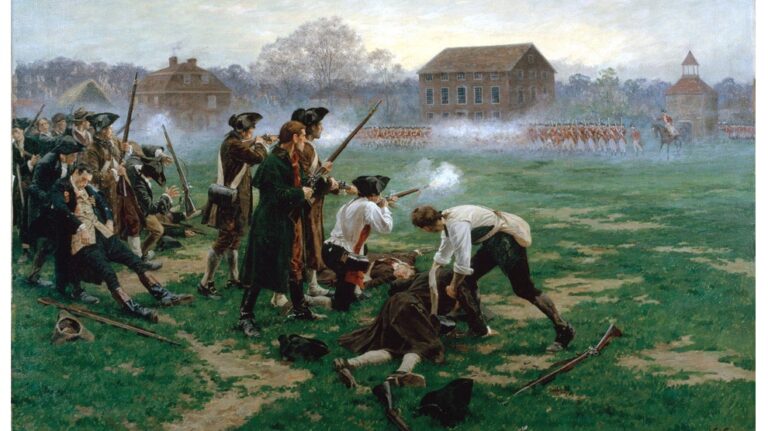Sándor Petőfi’s love for freedom and his inspiring programme to create national values made him an exceptional Hungarian hero, Deputy Prime Minister Zsolt Semjén declared on Monday in Szatmárnémeti (Satu Mare, Romania) where he unveiled the poet’s new full-size bronze statue.
Zsolt Semjén, in front of nearly a thousand people at the István Square inauguration ceremony, spoke about how Petőfi’s worldview, which was built on folk-national values and Hungarian interests, has withstood the test of time. He emphasized that this vision continues to resonate with new generations today.
‘The secret of Petőfi’s unwavering popularity undoubtedly lies in the richness, diversity, and poetic power of his body of work,’ the deputy prime minister stated. He noted that the poet did not only see the broader vision in history but was more interested in finding examples of moral elevation. Petőfi sought situations where individuals, through their virtues, rose above the masses, and people who could set aside their own interests to serve the common good.
Semjén reminded the audience that the poet, born two hundred years ago, encapsulated everything that the birth of the mother tongue culture and the modern Hungarian nation represent. Therefore,
the Petőfi bicentenary is about culture built on the mother tongue
and the answers sought during the programme, which can ensure the survival of this value throughout the entire Carpathian Basin in the next two hundred years. Recalling Sándor Petőfi’s years in Szatmárnémeti, he reaffirmed that the poet was deeply connected to this region through his love and the poems he created here, and the fact that during the 1848–49 Revolution and War of Independence he fought alongside the people of the town. The deputy PM noted that according to records, the poet saved some of his Szatmárnémeti comrades from bullets in the battle of Szászsebes (Sebeș, Romania) and similarly, he continues to symbolically protects the Hungarian nation from ‘hostile fire.’ Semjén stated that reciting a Petőfi poem within ourselves provides a sense of pride and protective defence, as if deflecting bullets aimed at our identity.
He added that for Petőfi, Hungarian freedom and world freedom were synonymous, so he spoke of the freedom of all nations and all peoples.
‘Efforts that seek to set us against the peoples around us on the pretext of Petőfi should be classified under the category of political dyslexia,’
Zsolt Semjén declared. He pointed out that by paying tribute to Hungary’s poet with Árpád Deák’s sculpture in Szatmárnémeti, the local non-Hungarians and the Hungarian community as a whole express their commitment to preserving an important legacy.
President of the Democratic Alliance of Hungarians in Romania (RMDSZ) Hunor Kelemen emphasized in his speech that Petőfi’s memory not only survived in the past two hundred years but triumphantly remains present in everyday life, such as in public spaces, language, speech patterns, and is quoted even by those who ‘didn’t pay attention in Hungarian class’ and by those who talk about freedom or love. Petőfi has never gone out of fashion: he ‘has simply been here with us, Hungarians, for two hundred years,’ the RMDSZ president declared. Kelemen explained that the way he sees it, Szatmárnémeti and its surroundings were the primary scenes of Petőfi’s creative work. Petőfi wrote as many as 46 poems in Szatmárnémeti, he recalled, and an additional six Nagykároly (Carei), 12 in Erdőd (Ardud), and 31 in Koltó (Coltău), all settlements in Szatmár (Satu Mare) County, all of which are among the greatest works in Hungarian literature. He noted that despite the poet’s living memory, it took a decade and a half for the town to commemorate him with a bust and another twenty years to erect a full-size statue.
Szatmárnémeti Mayor Gábor Kereskényi recalled the circumstances of the creation of the statue, saying that the idea of erecting the statue was adopted by the Identity Foundation’s board of trustees in the town’s RMDSZ chapter, and Árpád Deák’s creation was placed where the previous bust in István Square had been.
At the end of the event, participants placed flowers and wreaths of remembrance on the statue’s pedestal.
Related articles:








